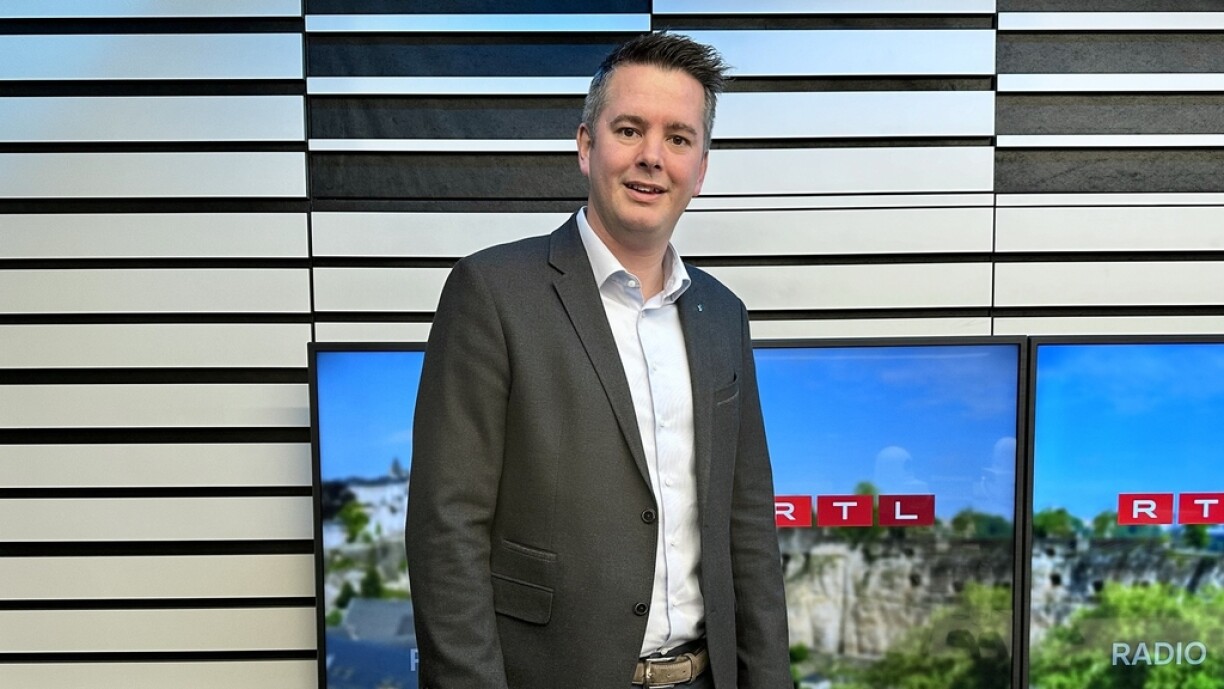
Lex Delles, Luxembourg’s Minister of the Economy, Small and Medium-Sized Enterprises, Energy and Tourism, as well as President of the Democratic Party (DP), made it clear during his appearance on RTL Radio that the current CSV-DP government is not more business-friendly than the previous DP-LSAP-Greens coalition.
He emphasised that the economy is not an end in itself, but a vital means to sustain social welfare provisions. Without a strong economy, Delles argued, Luxembourg’s welfare model would collapse. Therefore, he stressed the need to further support and strengthen the economy to ensure Luxembourg remains an attractive location with good job opportunities, helping the country stay competitive.
Luxembourg also recently joined a European bid to acquire a quantum computer, with the EU set to subsidise half of the costs. This technology could benefit fields like medicine, which is becoming increasingly digitalised. Discussions about Google’s data centre are ongoing, with Delles noting that the project is not off the table, though there are no new updates at this time.
Regarding the energy transition, Delles explained that subsidies for electric cars have been reduced because these vehicles were more expensive in the past. Still, the government has introduced a subsidy for used electric cars, making sustainable mobility accessible to those on tighter budgets.
Electricity will continue to be subsidised, with €170 million allocated for this purpose. Luxembourg remains one of the few countries to still offer a nationwide energy subsidy. On the one hand, the government aims to provide relief for households, but on the other hand, Delles emphasised that it would be even better if people could produce their own electricity. Delles thus encourages further investments into solar power, with government buildings poised to set an example by becoming more sustainable in the future.
He also discussed the potential of installing solar panels along highways, specifically the A3, in parallel with ongoing roadworks so as to not cause any further delays, Delles reassured.
For wind energy, Delles advocated building new wind turbines in less disruptive areas, such as industrial zones, and mentioned plans to install about 50 new ones in the coming years. However, before that can happen some current regulations need to be updated, according to the Energy Minister, and need to be revised to allow wind installations along motorways for instance.
Lex Delles avoided commenting directly on the recent tensions between Labour Minister Georges Mischo and unions, stating that he was not present during the incident in question.
However, Delles reaffirmed the government’s commitment to social dialogue, hailing it as one of Luxembourg’s strengths and essential to the functioning of a healthy economy. He highlighted that tripartite agreements generally help attract businesses to Luxembourg.
When it came to the topic of pension reforms, Delles reiterated the importance of constructive dialogue with all concerned stakeholders.
Read aslo: OGBL and LCGB call for referendum on pension reform
Regarding criticism of the government’s handling of the Caritas case, Delles strongly rejected accusations of coldheartedness. He defended the government’s approach, stating that opposition parties have not proposed better solutions. He argued that it would be irresponsible to continue funding an organisation where fraud has occurred without proper oversight.
As for the case of the deportation of Luxembourg-based Iranian artist Alborz Teymoorzadeh, Delles acknowledged the seriousness of the situation. However, Delles stressed that the law must be respected. He explained that the issue was not about art, but rather the fact that a person from outside the European Union must be able to prove that they can financially support themselves in order to stay in the country. A part-time position on a fixed-term contract, like the one offered to Teymoorzadeh, is not sufficient, according to Delles
When asked whether the DP was better positioned in the previous government, holding the PM role, Delles explained that working as equals is more important than which party fills the top leadership position, which fortunately is the case in the current CSV-DP coalition, according to the Minister.
As far as his own ambitions for the PM role are concerned, Delles chose not to comment, keeping his future aspirations close to his chest.